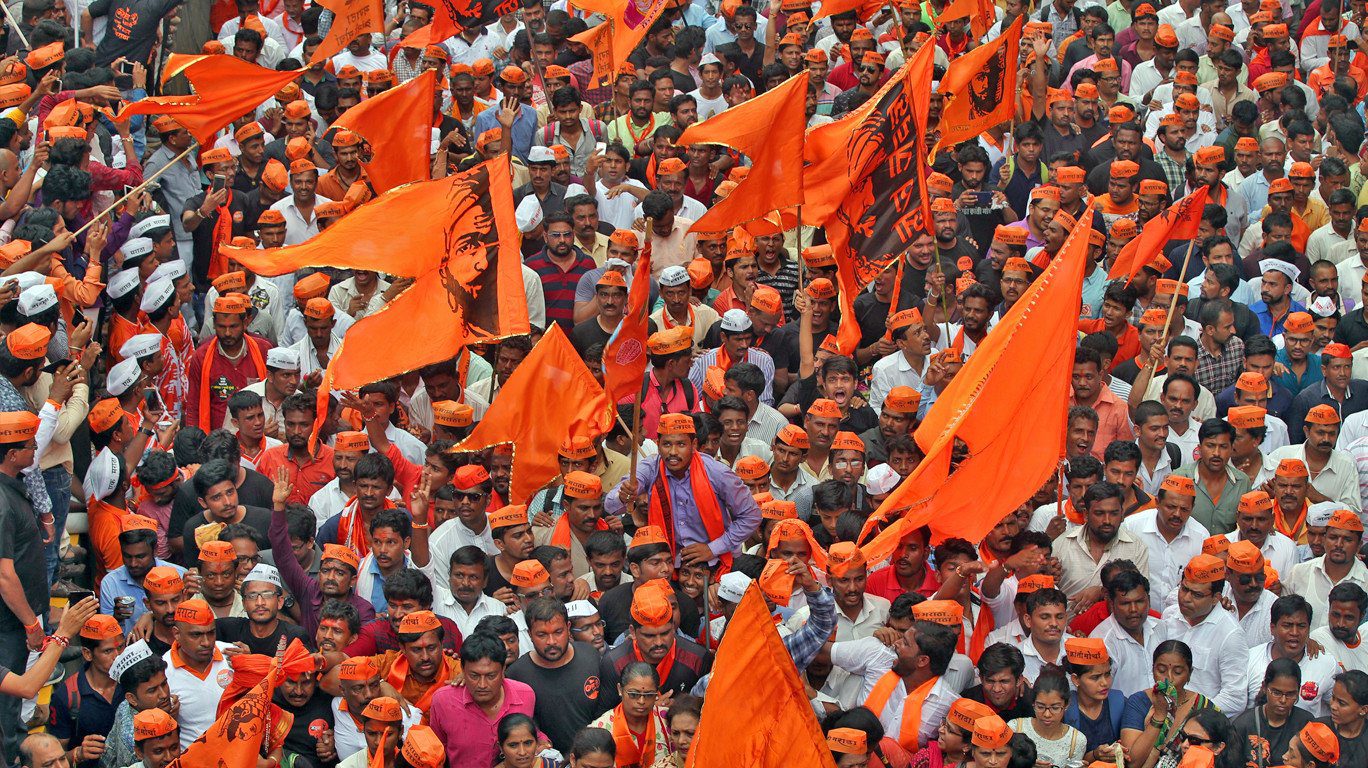Khushi Thawani, 12th December 2022, Mumbai Uncensored:
The highest entity to handle complaints under the RTI Act is the Central Information Commission, and in one of the recent applications, activist Subhash Agrawal submitted an RTI request asking about the salaries paid to imams and muezzins after receiving no response from the Delhi government and Delhi Waqf Board.
Imams filed a petition in All India Iman organization and others v. Union of India and others, 1993, to protect their fundamental rights against exploitation by wakf boards. They based their argument on the discrepancy between the nature of the task and the compensation. And the highest court in the land commanded the Wakf Board to pay the Imams desirable renumeration.
The judgement is clearly a per incurium as it was in violation of the Article 27 of the Indian Constitution, which clearly states that the country does not support any particular religion and shall not be benefitted from the public fund. As India was carved out of a bigger landmass after being divided because of religious clash, it decided to remain a secular country following the principle of Vasudhev Kutumbakam.
CIC commissioner Uday Mahurkar noted that, “The said judgment sets a wrong precedent in the country and has become a point of unnecessary political slugfest and also social disharmony in the society”.
He directed the Delhi Waqf board to compensate RTI activist Subhash Agrawal with Rs. 25,000 to cover his legal expenses and the time he lost looking for an answer to the application. Both the Delhi Wakf Board and the Delhi government provided the activist with unsatisfactory responses.
The abovementioned judgement allowing renumeration to Imams and Muezzins is “not just betraying the Hindu community and members of other non-Muslim minority religions, but also encouraging pan-Islamist tendencies amongst a section of Indian Muslims which are already visible”, the commissioner said.
He revealed that while the Delhi Waqf Board (DWB) receives an annual payment of roughly Rs. 62 crores from the Delhi government, its own income from various sources is just about Rs. 30 lakhs.
Mahurkar said those who justify such steps in the name of protection to religious minorities raise a question that if a particular religious minority has a right to protection, the majority community too has a right to protection in a multi-religious country where it is incumbent that the rights of the members of all religions are protected equally in the interest of inter-faith harmony and unity of the nation.
While dealing with the dispute the commission observed “The monthly honorarium of Rs 18,000 and Rs 16,000 being given to the Imams and Muezzins of Delhi Waqf Board mosques in Delhi is being paid by the Delhi Government virtually from the tax payers money which in turn is in sharp contrast with the example quoted by the appellant in which the priest of a Hindu temple is getting a paltry of Rs. 2000/- per month.
The commission directed that a copy of the order be forwarded to the Union Minister of Law with a recommendation to take appropriate action enforcing Articles 25–28, which will further set an example of equality among all the religious segments of society. The commission did this while keeping the Constitution of India in mind and its secular nature.





 Special Editions2 weeks ago
Special Editions2 weeks ago


 Special Editions3 weeks ago
Special Editions3 weeks ago


 Crime News3 weeks ago
Crime News3 weeks ago


 Special Editions2 weeks ago
Special Editions2 weeks ago


 Entertainment3 weeks ago
Entertainment3 weeks ago



